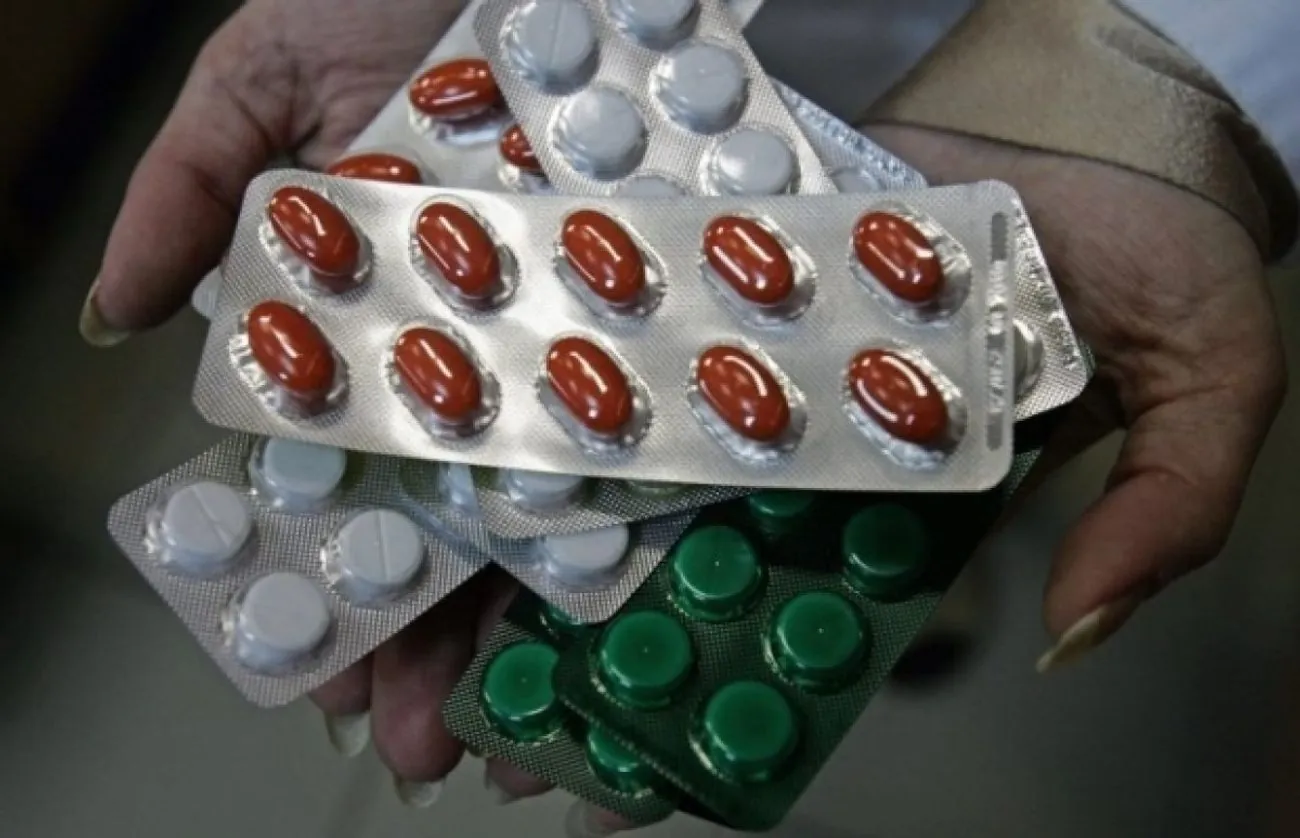“Unable to compete with giants: the ban on marketing between pharmacies and manufacturers hit small drug producersThe ban on marketing agreements between pharmacies and drug manufacturers from March 1, 2025, negatively affects small
manufacturers who have lost their promotion tools. This can also lead to market shadowization and job losses.
”, — write: unn.ua
Today, I can say that for us, as a small enterprise, it is very difficult to compete with large companies
He explained that small manufacturers are less recognizable, and without marketing support, it is extremely difficult for them to promote their products to the end consumer. The complete ban on marketing agreements between pharmacies and manufacturers deprived representatives of small pharmaceutical businesses of the opportunity to use this tool for growth.
Our companies are less recognizable among large companies, and if we don’t have marketing, it will be very difficult to promote them
At the same time, Koshchavets added that the marketing ban itself does not solve the problem of high drug prices, as declared by the initiators of changes in pharmaceutical market regulation. At the same time, patients also suffer due to the loss of investments and competition tools. After all, according to him, marketing is not only advertising, but also a source of information for the patient about certain drugs.
The patient may suffer. This is also logical: if there is less information, there is more self-medication
He noted that other mechanisms should be used to actually reduce drug prices.
It (the marketing ban – ed.) will not lead to a decrease in prices in pharmacies. Because we have clear mechanisms, referencing and declaring prices. And, first of all, we need to look for answers in this field
In addition to the fact that the marketing ban hits pharmacies and small manufacturers, according to Koshchavets, it creates a high risk of shadow schemes in the pharmaceutical market.
If we don’t have marketing, this can lead to the risk of gray schemes and market shadowization. Large companies will still look for informal, opaque channels of influence
A separate problem is the reduction of jobs, which leads to a decrease in economic activity. The decline in marketing revenues means a loss of resources for salaries, development and social programs, as well as a decrease in state revenues in the form of under-received taxes from marketing paid by pharmacies.
In parallel, Koshchavets suggested paying attention to the experience of the European Union, where marketing is allowed and clearly regulated in most member countries.
Today there is European practice, it is quite successful, and we need to emulate it. For example, Germany – pharmacy chains can receive up to 10% marketing, Poland – 12%, France – 10%
He is convinced that for Ukraine, which is currently in a full-scale war, any restrictions on markets that bring income to the state must be moderate.
If we are talking about business development, then 15% (of marketing – ed.) is a very pleasant and normal percentage. If we are talking about our country in wartime conditions – we need to make it 15% so that we work in this circle
AddFor the fifth month, the pharmaceutical market has been operating without clear rules after the ban on marketing agreements, which did not lead to a decrease in drug prices. Monitoring shows that prices remained at the level of February 2025, and some drugs even increased in price.
